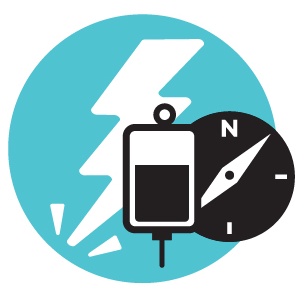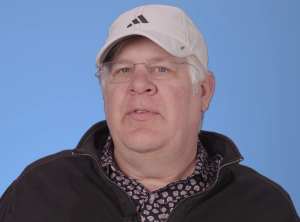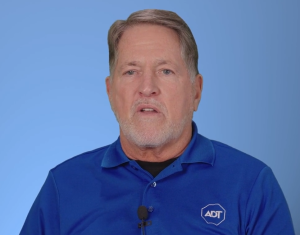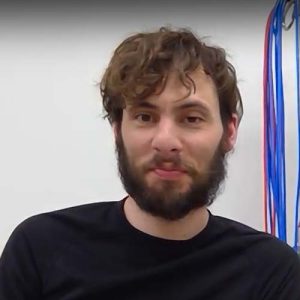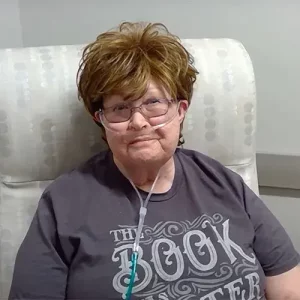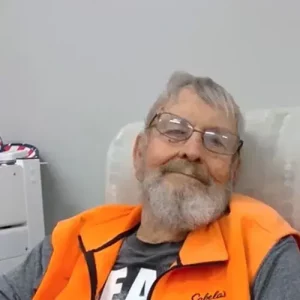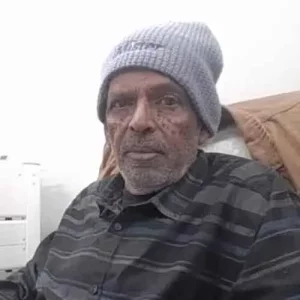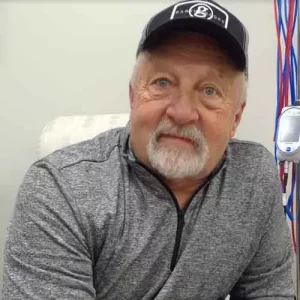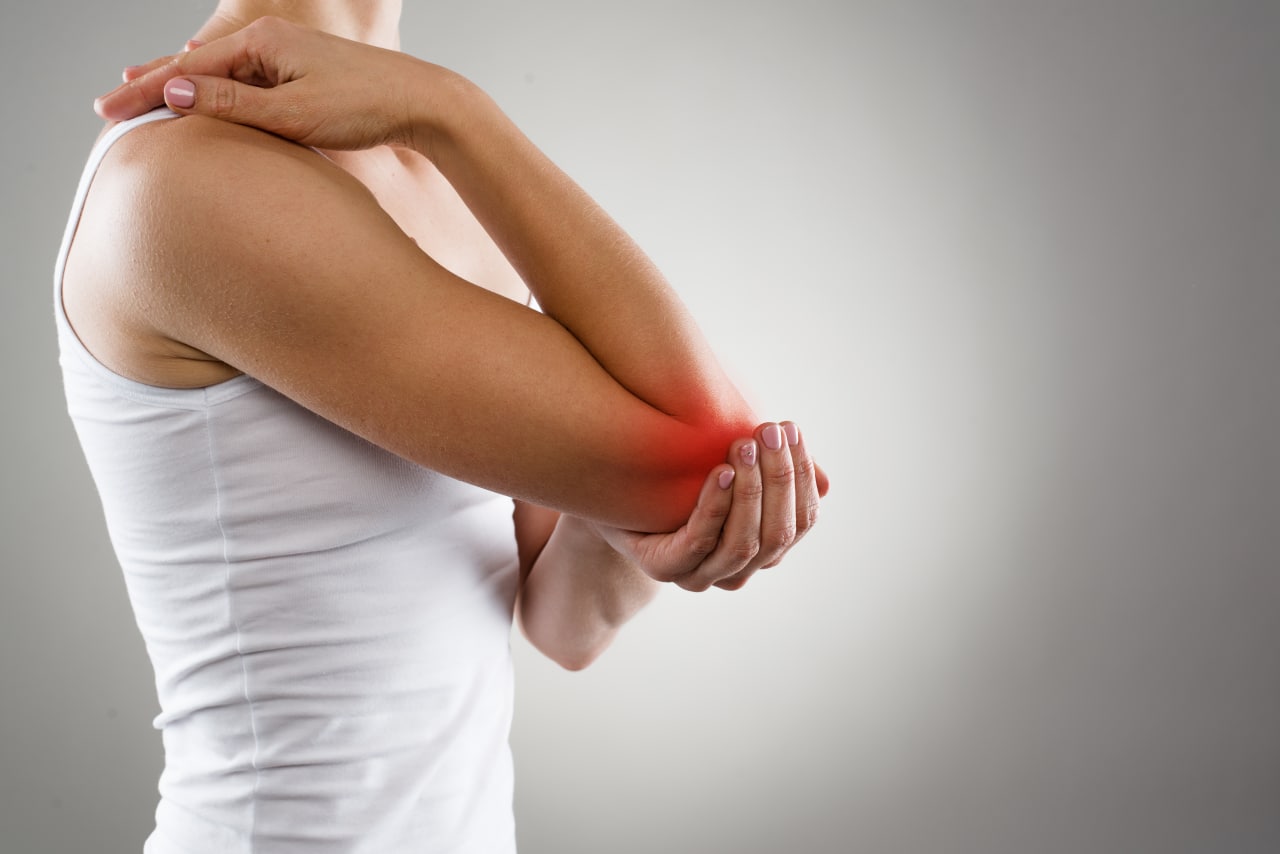In our clinics, we’ve seen remarkable outcomes with the Neuragenex Neurofunctional Pain Management protocols. Patients receiving peripheral neuropathy treatment have reported significant relief, just as those undergoing knee pain treatment have found newfound mobility and ease. Similarly, individuals who have opted for our treatment for migraines and chronic headaches share stories of renewed comfort and reduced frequency of their symptoms.
These successes are a source of great pride for us. Hear directly from our patients about the life-changing impact of these treatments!





